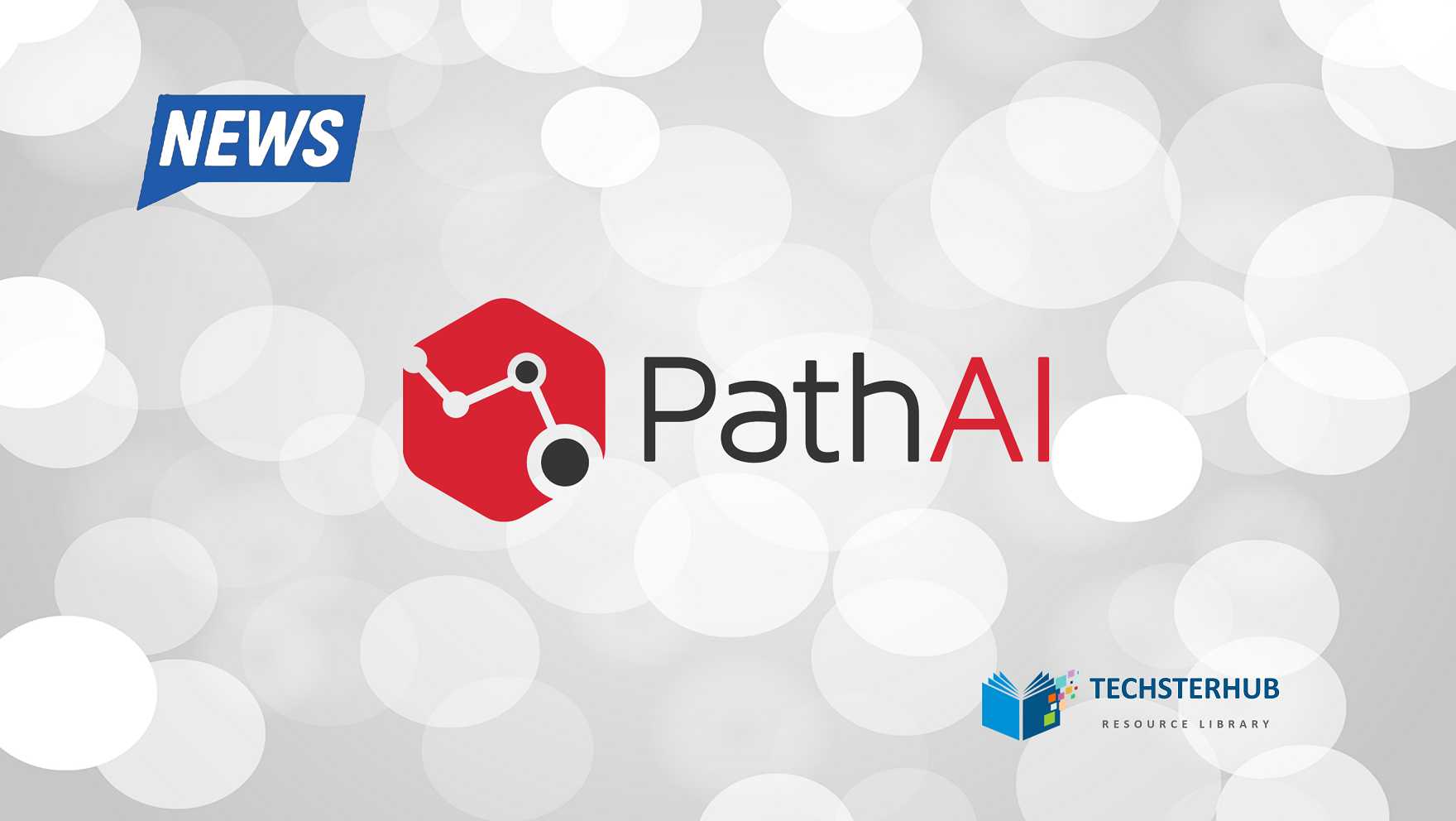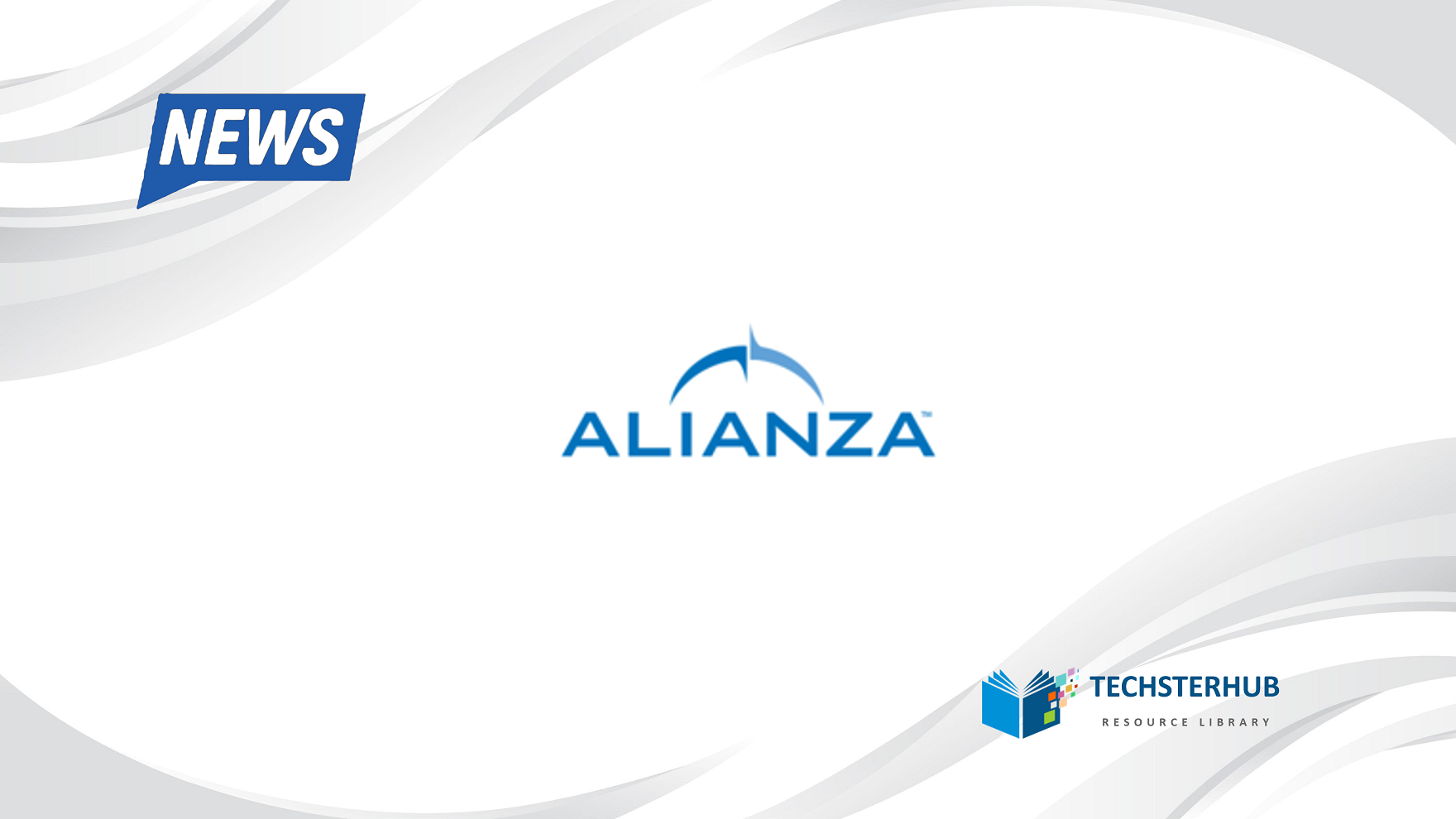PathAI, a leading provider of AI-enabled pathology tools to advance precision medicine, today announced that its latest research will be presented at the 2023 American Association for Cancer Research Annual Meeting, being held April 14-19, 2023 in Orlando, FL, PathAI will share three posters highlighting the use and benefits of AI-based methods for identifying and examining non-small cell lung cancer (NSCLC) and renal cell carcinoma (RCC) specimens. In addition, PathAI collaborated with Genentech, a member of the Roche Group, on two submissions, an oral presentation on H&E-based digital pathology biomarkers in metastatic NSCLC and a poster presentation on PD-L1 digital tumor cell assessment in NSCLC. PathAI will also be exhibiting at booth 315, where it will showcase the capabilities of its newly launched PathExplore™ product, its AI-powered histopathology feature panel that spatially characterizes the tumor microenvironment (TME) at single-cell resolution from H&E slide images.
“Our research demonstrates forward momentum in leveraging machine learning, cell segmentation models, and scale-up image analysis to better discern and analyze tissue morphology at the cellular level, uncovering novel biomarkers and predictive links to targeted therapies,” said Mike Montalto, Ph .D ., Scientific Director at PathAI. “This research brings us another step closer to improving oncology drug development and outcomes for these difficult-to-treat cancers.”
PathAI collaborator Genentech will give an oral presentation entitled “Digital Pathology-Based Prognostic and Predictive Biomarkers in Metastatic Non-Small Cell Lung Cancer” which will explore the relationship between tumor microenvironment (TME) and patient response to targeted cancer immunotherapy through the application of machine learning algorithms to study TME in metastatic NSCLC. By quantifying cell and region traits of digital pathology and using trait variability as a discovery tool, the study identified a trait set associated with the outcome of PD-L1-targeted therapy and illustrates how novel data modalities can be integrated to generate biomarkers to elucidate the immunotherapy response.
In a poster presentation in partnership with Genentech, Digital SP263 PD-L1 tumor cell score in NSCLC achieves comparable outcome prediction to manual pathology scoring, the companies will demonstrate the effectiveness of an AI-based model for PD-L1 quantification in predicting NSCLC demonstrate results compared to manual scoring.
In a renal cell carcinoma poster titled “Machine Learning Models Identify Key Histological Features of RCC Subtypes,” PathAI will explain how their machine learning model quantifies the RCC environment and enables the identification of spatially specific differences that correlate with histologic subtypes, mutations, and vascularization.








